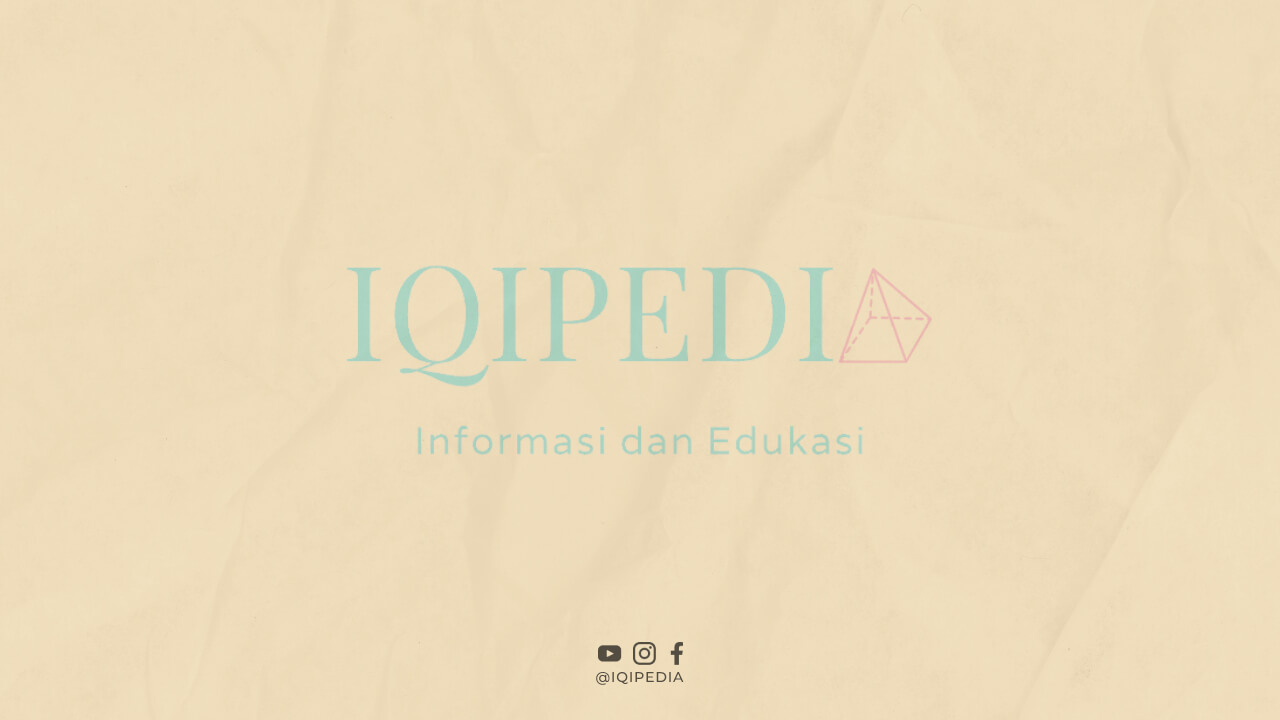As Muslims, we are taught to express gratitude and seek blessings from Allah (SWT) in every aspect of our lives. One of the most significant occasions for Muslims is the celebration of Eid Al-Fitr, which marks the end of Ramadan- the holy month of fasting. On this day, Muslims exchange greetings and well-wishes with each other, and one of the most common phrases used is “Taqabbalallahu Minna Wa Minkum Bukan Minal Aidin Wal Faidzin”.
Meaning of Taqabbalallahu Minna Wa Minkum Bukan Minal Aidin Wal Faidzin
The phrase “Taqabbalallahu Minna Wa Minkum Bukan Minal Aidin Wal Faidzin” is an Arabic phrase that translates to “May Allah accept from us and from you, and may we not be among those who are deprived of goodness and blessings”.
It is a phrase of gratitude and blessings that Muslims use to express their appreciation to Allah (SWT) for the opportunity to observe the month of Ramadan and celebrate the festive occasion of Eid Al-Fitr with their loved ones. It is also a way to seek forgiveness for any shortcomings during the month of Ramadan and to pray for blessings and mercy from Allah (SWT).
The Significance of Taqabbalallahu Minna Wa Minkum Bukan Minal Aidin Wal Faidzin
The phrase “Taqabbalallahu Minna Wa Minkum Bukan Minal Aidin Wal Faidzin” holds a great significance in the Islamic faith. It is a reminder to Muslims to express gratitude and seek blessings from Allah (SWT) not only on the occasion of Eid but in every aspect of their lives.
It is a way to acknowledge that all blessings come from Allah (SWT) and to express our thankfulness for them. It is also a way to seek forgiveness for any wrongdoings and to pray for blessings and mercy from Allah (SWT).
The Etiquette of Using Taqabbalallahu Minna Wa Minkum Bukan Minal Aidin Wal Faidzin
The phrase “Taqabbalallahu Minna Wa Minkum Bukan Minal Aidin Wal Faidzin” is a way to exchange greetings and well-wishes with fellow Muslims on the occasion of Eid Al-Fitr. However, it is important to observe certain etiquettes while using this phrase.
Firstly, the phrase should be used with sincerity and humility. It should not be used as a mere formality or for the sake of tradition. Secondly, it should be used in the appropriate context, i.e., while exchanging greetings with fellow Muslims on the occasion of Eid Al-Fitr.
Thirdly, it should be used in the correct form and pronunciation. Muslims should learn the correct pronunciation and meaning of the phrase to ensure that they use it appropriately. Finally, it should be used with a smile and a warm heart, to convey the true spirit of brotherhood and unity among fellow Muslims.
The Benefits of Using Taqabbalallahu Minna Wa Minkum Bukan Minal Aidin Wal Faidzin
The phrase “Taqabbalallahu Minna Wa Minkum Bukan Minal Aidin Wal Faidzin” holds immense benefits for Muslims who use it sincerely and with a pure heart. Some of the benefits include:
- It is a way to seek forgiveness and blessings from Allah (SWT)
- It is a way to express gratitude and thankfulness to Allah (SWT)
- It is a way to strengthen the bond of brotherhood and unity among fellow Muslims
- It is a way to remind oneself of the true purpose of Eid Al-Fitr, i.e., to seek blessings and forgiveness from Allah (SWT)
- It is a way to spread positivity and goodwill among fellow Muslims
In Conclusion
The phrase “Taqabbalallahu Minna Wa Minkum Bukan Minal Aidin Wal Faidzin” is a beautiful expression of gratitude and blessings that holds immense significance in the Islamic faith. It is a way for Muslims to seek forgiveness, express gratitude, and pray for blessings and mercy from Allah (SWT).
By using this phrase with sincerity and humility, Muslims can strengthen the bond of brotherhood and unity among fellow Muslims and spread positivity and goodwill in their communities. May Allah (SWT) accept our prayers and bless us with His mercy and blessings. Ameen.




